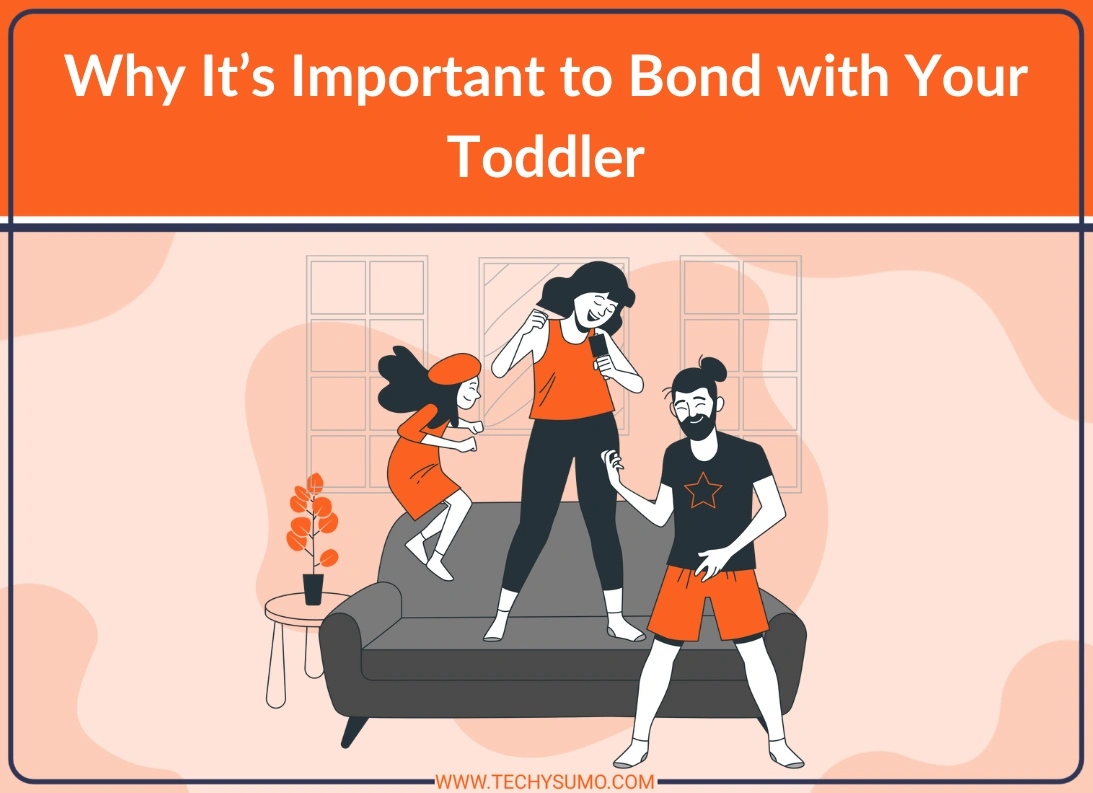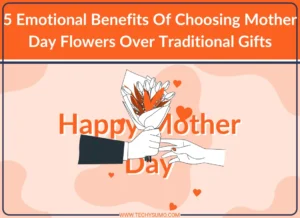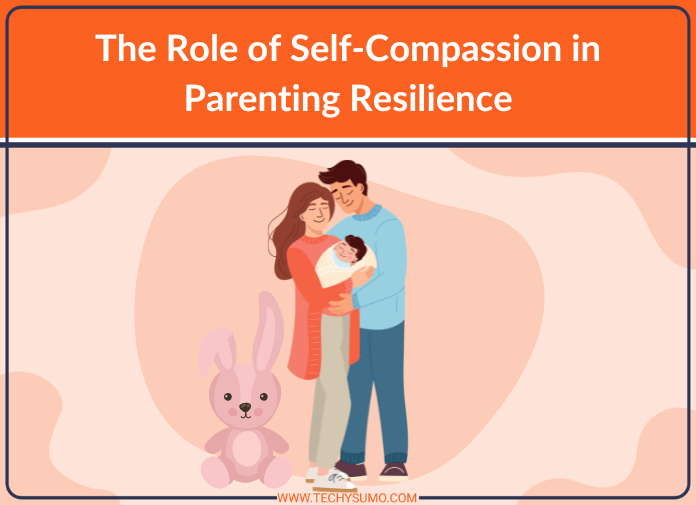You know that moment when your toddler runs to you after falling down, tears streaming, looking for comfort? That instant connection, where you become their whole world and safe place, that’s bonding in action. And it’s one of the most important things happening in those chaotic early years. Let’s look at why.
Table of Contents
Emotional Chaos
Toddlers are odd little creatures, aren’t they? One second they’re independent explorers, the next they’re melting down because you gave them the blue cup instead of the red one. Their brains are basically under construction 24/7, which explains a lot about why they seem to live in a constant state of emotional chaos.
When toddlers have that solid, secure connection with their caregivers, their developing brains can actually focus on learning instead of just trying to figure out if they’re safe. It’s like having a home base in a game of tag. They can venture out, explore, make mistakes, and always come back to that secure spot.
Real Life
What does real bonding look like with a two-year-old who has the attention span of a goldfish? Sometimes it’s less Instagram-worthy than you might think. Maybe it’s singing silly songs while changing a particularly explosive nappy. Or sitting through the fifteenth reading of “Brown Bear, Brown Bear” without losing your mind completely.
Those everyday moments matter more than the big gestures, like making breakfast together (even if it takes three times longer), having conversations about why leaves change colour, or just sitting quietly while they play nearby. Toddlers soak up these experiences like little sponges.
Also Read
Bedtime Routines
The bedtime routine becomes sacred territory for many families. That wind-down time with bath, stories, and maybe some gentle music, creates a predictable rhythm that toddlers find incredibly comforting. They start to anticipate what comes next, which helps their anxious little minds relax.
For children in care or those involved with faith based fostering arrangements, building these bonds might take extra patience. Some children have learned that adults can disappear or let them down, so they’re naturally more cautious about trusting. Faith-based care often emphasises the importance of showing unconditional love and acceptance, which can be particularly healing for children who’ve experienced early disruptions.
Physical Touch
Physical touch is huge for toddlers, but every child has different preferences. Some want constant cuddles and will climb all over you like you’re their personal jungle gym. Others prefer gentler contact, maybe just holding your hand while walking or a quick snuggle before sleep. Learning what your particular child enjoys helps them feel understood.
Play Time
Play time is where the real magic happens. When you get down on their level and enter their world of imagination, you’re speaking their language. Building towers just to knock them down, pretending to be dinosaurs, or having deep conversations with stuffed animals; this shared silliness builds connection in ways that feel natural to them.
Talking to toddlers constantly (even when they respond with gibberish or ignore you completely) shows them their thoughts and feelings have value. Describing what you see them experiencing (“You’re really concentrating on that puzzle” or “I can see you’re getting frustrated”) helps them develop emotional vocabulary they’ll use for years.
The benefits ripple out far beyond these early years. Children who feel securely bonded tend to have better friendships, do better in school, and bounce back more easily from setbacks. They’ve learned they’re worthy of love and care, which becomes the foundation for how they see themselves.
Consistency
Consistency becomes your secret weapon during this stage. Not because toddlers are boring (far from it!), but because predictability helps them feel secure. They don’t need every day to be identical but knowing roughly what to expect helps them trust that their world is stable.
Some days bonding feels effortless, you’re both laughing, everything flows smoothly, and you think “I’ve got this parenting thing figured out.” Other days, you’re managing multiple meltdowns before 9am and wondering if you’re completely messing everything up. Both experiences are normal and both contribute to building that secure attachment.
Still Building Connection
Even during the difficult moments, the boundary testing, the epic tantrums, the seemingly impossible behaviour, you’re still building connection. How you respond during these challenging times teaches them about unconditional love and support.
The investment you make now in really connecting with your toddler shapes who they become as teenagers and adults. You’re not just trying to get through the day (though some days that’s achievement enough). You’re laying groundwork for their future relationships and self-worth.






